Search Images
Browse Content (p. 1680)
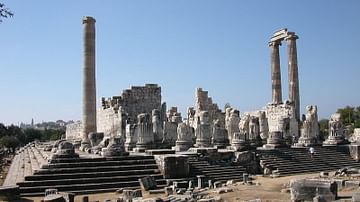
Image
Temple of Apollo, Didyma
The Temple of Apollo at Didyma in modern-day Turkey. The temple was the fourth largest temple in the ancient Greek world. The temple’s oracle, second in importance only to that at Delphi, played a significant role in the religious and political...
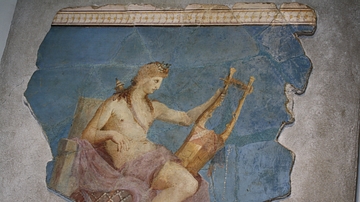
Image
Apollo Playing the Kithara
A fresco of Apollo playing the kithara, from a building in the Forum of Rome. Augustan period. (Museum of the Forum Romanum, Rome)
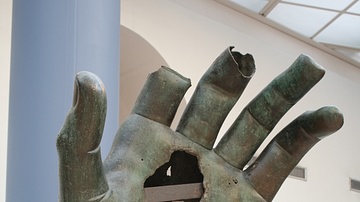
Image
Colossal Bronze Hand of Constantine I
A hand from the colossal bronze statue of Roman emperor Constantine I, 4th century CE. The hand is over 1.5 m in length. (Capitoline Museums, Rome).
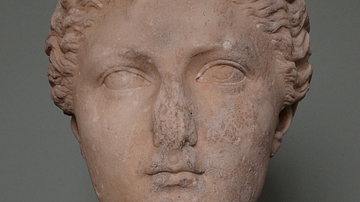
Image
Empress Sabina, Ostia
A portrait of the Empress Sabina, wife of Roman emperor Hadrian. The portrait was carved around 117-118 CE and comes from Ostia. (Ny Carlsberg Glyptotek, Copenhagen)
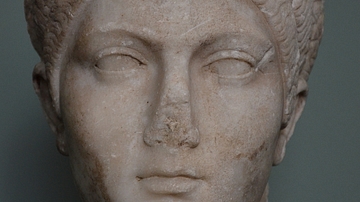
Image
Empress Sabina, Ny Carlsberg Glyptotek
A portrait of the Empress Sabina, wife of Roman emperor Hadrian. (Ny Carlsberg Glyptotek, Copenhagen)
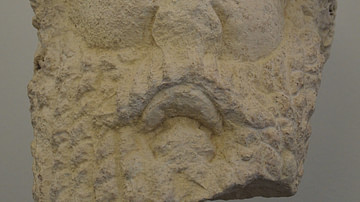
Image
Head of Polyphemus
Head of Polyphemus, a one-eyed Cyclops, from the amphitheatre at Salona, 4th century CE.
Split Archaeological Museum.
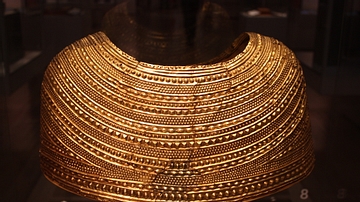
Image
Mold Cape
The golden Mold Cape was discovered in the town of Mold in Flintshire, Wales in 1833 CE. The cape dates from 1900-1600 BCE, and is the only Bronze Age gold cape known to exist. The meaning behind the intricate patterns and designs remains...
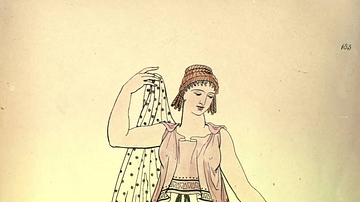
Image
Greek Woman
Grecian Female from a fictile vase.
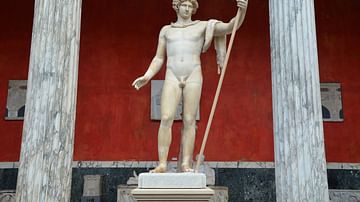
Image
Antinous as Dionysus
Colossal statue of Antinous as Dionysus. It is exhibited at the Ny Carlsberg Glyptotek in Copenhagen (Denmark).
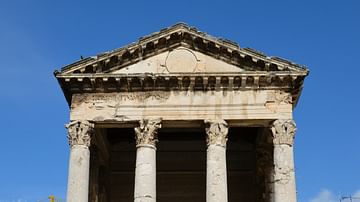
Image
The Temple of Augustus in Pula
The Temple, situated in the Forum, was dedicated to the goddess Roma and Emperor Augustus. It was constructed between 2 BCE and 14 CE, when the emperor died.